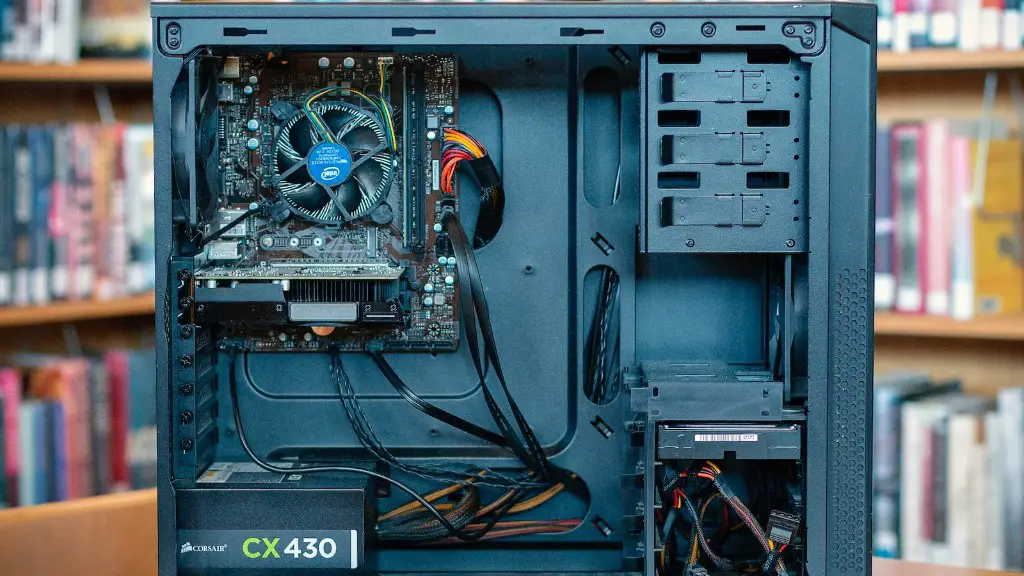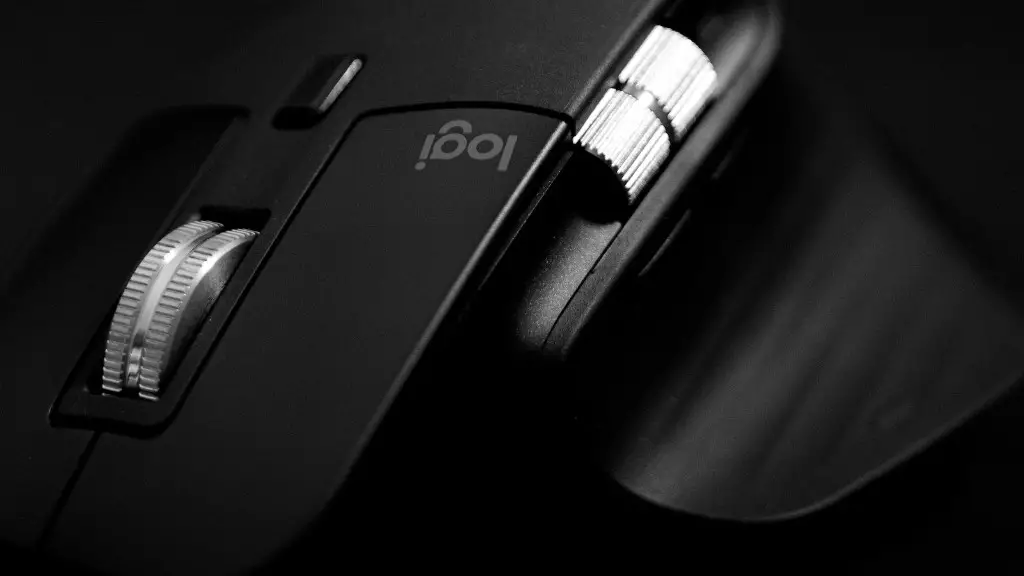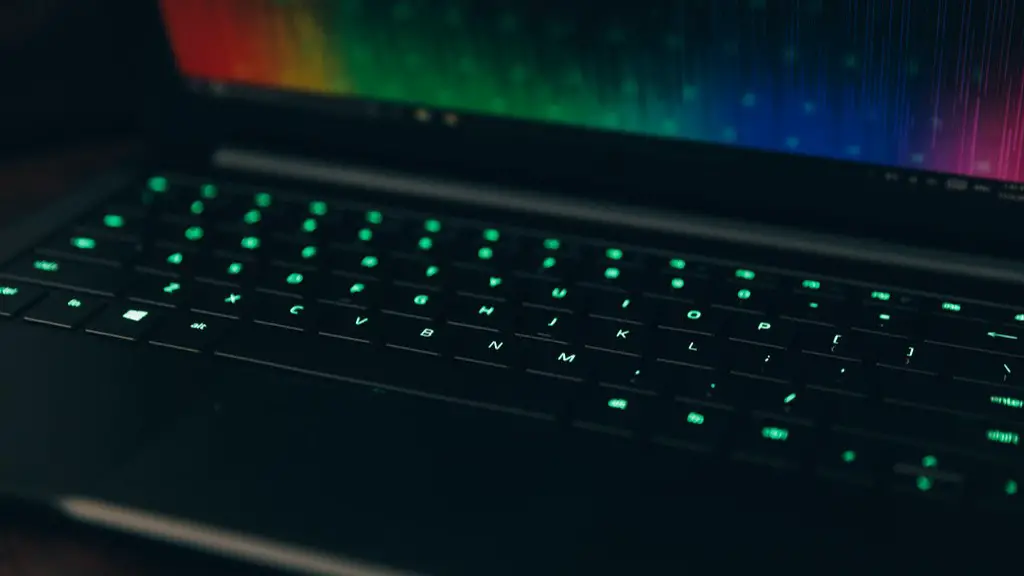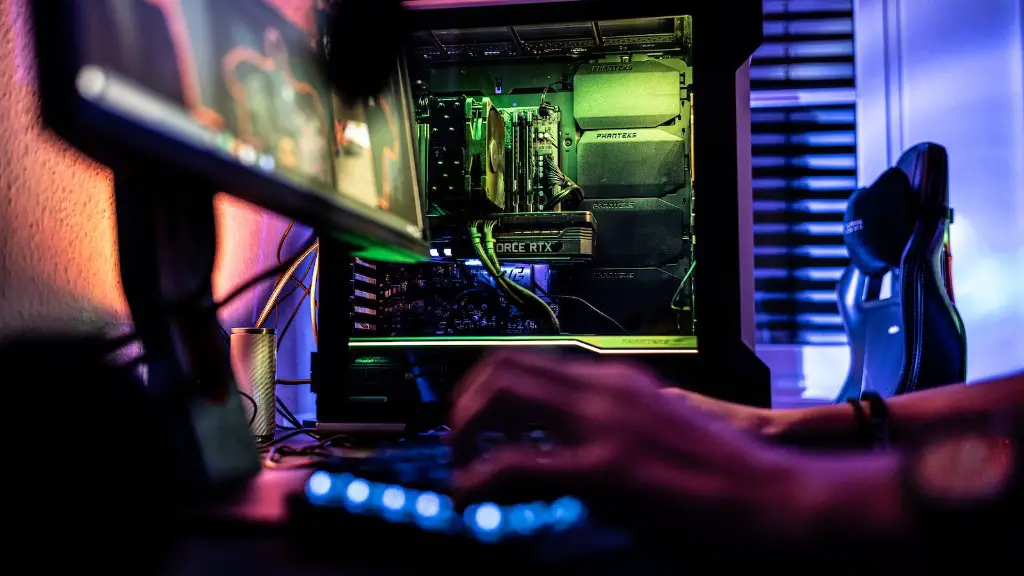Building a gaming PC 2020 requires knowledge and attention to detail. You need to know the specs required to support the latest hardware, as well as which components will provide optimal performance. You also need to be aware of which components are compatible with each other, how much power they need, and how much cooling they require. Here, I will provide you with the necessary information needed to build the perfect gaming PC 2020.
Firstly, you will need a CPU (central processing unit). Selecting the right CPU is important since it acts as the “brain” of the system and therefore determines the power of the PC. When shopping for a CPU, look for one with a high clock speed, high core count, and large enough cache to handle the latest games. The popular options for gaming PCs include processors from Intel and AMD.
Secondly, you need a reliable GPU (graphics processing unit). A GPU is necessary to render the high-quality graphics that today’s AAA games require. While the CPU is responsible for calculations and data processing, the GPU is responsible for generating the image. There are many top of the line GPUs that offer great graphics performance for gamers. Popular options include the Nvidia GeForce RTX and AMD Radeon RX series.
Thirdly, you will need to select a enough memory. Upgrading from 4GB to 8GB of RAM can really make a difference in terms of gaming performance. At least 8GB should be used for gaming PC 2020. If you plan on running several applications at the same time, then 16GB would be even better. Look for high-quality RAM with a fast clock speed for better performance.
Fourthly, you need to choose a suitable motherboard. Motherboards come in different sizes and shapes, so you need to make sure it is the right size for the components you have chosen. Additionally, there are features to consider such as the number of USB ports, socket types, RAM slots, and PCIe slots. Make sure to select a motherboard with enough slots and ports to support all the parts you want to use.
Fifthly, you will need to pick the right storage option. Fast storage is essential for loading games quickly, so you should opt for an SSD (solid state drive). An SSD provides faster read and write speeds than traditional hard drives, allowing your games to start up and load faster. You can also get an HDD (hard disk drive) for extra storage. In addition, you might want to consider adding an M.2 SSD for higher performance.
Finally, you need to pick the right power supply. Power supplies come in different wattage sizes and should be selected based on the type and amount of components you have. Unfortunately, choosing the wrong power supply may cause your system to be unstable and potentially damage other components. A good rule of thumb is to purchase a power supply that is rated at least 50-100 watts above your max power consumption.
Prices & Quality of Components
A major part of building a gaming PC is determining the budget and setting aside enough money for the components. You should be careful when selecting components and make sure to research the best prices and quality. Some components may come at a higher price tag but provide more power, stability, and reliability in the long run. Do your homework and compare prices between different retailers to get the best deal.
Additionally, when researching the components, read the reviews to ensure that you’re getting good quality. Although the price of the components can be tempting, it is worth remembering that bad quality components can overheat and break easily. Pay attention to the customer reviews and make sure to select components with good customer feedback.
Furthermore, if you are looking to save money, you may consider opting for second-hand parts if they are high-quality and in good condition. You can find cheap hardware on various websites such as eBay, Craigslist, and OfferUp. Be cautious and make sure you aren’t buying stolen products or something with a lot of signs of wear and tear.
Finally, buying a pre-built computer can save you time and money but it may cost more in the long term. Pre-built gaming PCs may not have the most up-to-date hardware and the quality of the parts may be lower than that of custom-built PC’s. Furthermore, you are also limited in terms of upgradability.
Case & Cooling Solutions
When selecting a case for your gaming PC, you should keep in mind the size, design, and cooling options. Cases come in many sizes, so choose one that is large enough to fit all of your components and also has good airflow to keep everything cool. Make sure it also has enough mounting points and cutouts for the components.
Additionally, you will need proper cooling solutions to keep your gaming PC running at its best. The most common cooling solutions are air cooling and liquid cooling. Air cooling requires air to be circulated within the case and uses fans to draw in cool air and expel hot air. Liquid cooling, on the other hand, circulates a special liquid in the case which helps dissipate heat away from various components. Liquid cooling is usually more effective but also more expensive than air cooling.
Furthermore, a majority of cases come with pre-installed fans but you may have to buy them separately if yours doesn’t. There are different sizes of fans available and choosing the right size is essential for getting the best cooling performance. Additionally, look for high-performance fans with a greater air flow rate to keep your gaming PC cool.
Finally, you should also look into noise reduction options. Gaming PCs can get loud, so consider purchasing silent versions of the components. There are also additional components such as sound dampening material, fan controllers, and noise suppression systems which can help decrease the noise level emitted from your PC.
Peripherals & Accessories
Having the right peripherals and accessories adds a lot to the gaming experience. Some of the must-have peripherals for gaming include a good monitor, a keyboard and mouse, and a gaming headset. You should look for a monitor that supports the resolution you need for gaming and has a fast refresh rate to reduce motion blur. Additionally, laptops come pre-built with monitors so you don’t need to purchase one separately.
When choosing a keyboard, opt for one with mechanical keys and extra buttons which are useful while gaming. As for the mouse, it is advised to look for one with adjustable sensitivity and strong build quality. Finally, there are many different gaming headsets on the market. Select one with good surround sound, comfort, and adjustable noise canceling features.
Moreover, there are many useful accessories you can purchase such as external storage drives and multiple monitors. While not essential, these help improve your gaming experience. Additionally, you may want to get a good quality gaming chair as they are comfortable and ergonomic. Furthermore, if you plan on streaming, you may need other accessories such as webcams, microphones, and green screens.
Finally, if you are a serious gamer, you may consider investing in custom gaming rigs. Custom gaming rigs are PC’s that are specifically built for gaming. They have the highest-end components and are typically over-clocked for extra performance. They can also be customized with paint and lighting to give a unique look.
Maintenance & Upgrades
Owning a gaming PC requires certain maintenance tasks such as dusting, cleaning, and keeping up with driver updates. Dust is a major cause of overheating and poor performance, so it’s important to frequently dust off your gaming PC. Additionally, if you find that your gaming PC isn’t performing as well as it used to, then you may need to update the drivers.
Upgrading components when they begin to feel outdated is also an important part of gaming PC maintenance. Before upgrading, you should research the latest components and determine if they would provide an improvement. You may also consider overclocking your existing parts if they are capable of it. You will want to be careful with overclocking though as it can cause system instability and component damage.
You should also monitor your system for any warning signs like excessive noise, temperature rises, and unexpected shutdowns. This can indicate potential hardware failures and it’s important to address these issues immediately to prevent further damage. There are many online forums and resources that can help you diagnose and troubleshoot any issues you have.
Finally, you should also frequently back up all of your data in case of system failure. You can back up your data to an external drive or cloud storage. This will help you restore your data in the event of a system crash or other problems.



